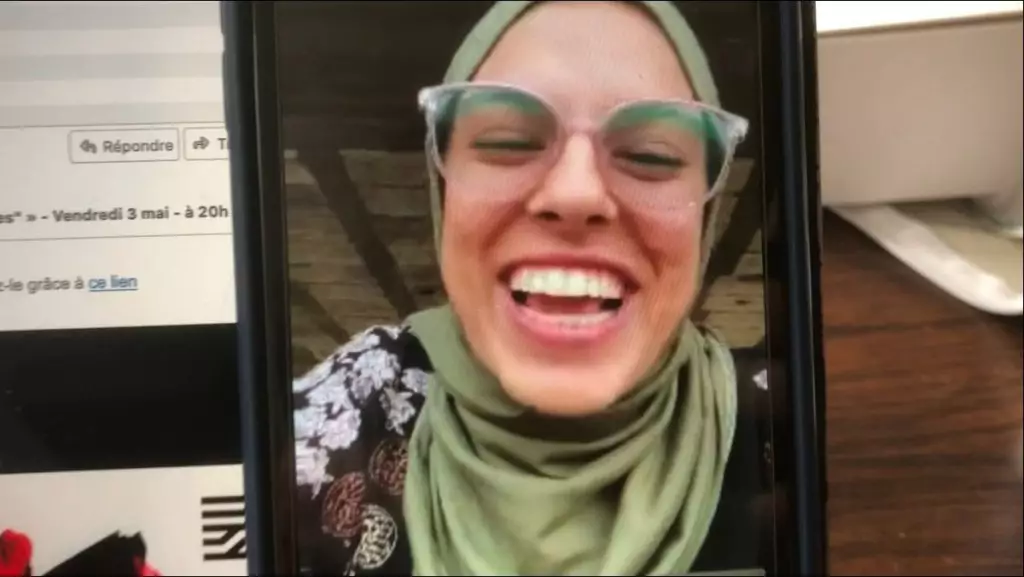The world has become dimmer following the tragic death of Fatima Hassouna, a Palestinian artist and photojournalist, whose life was cut short in an Israeli airstrike on April 16, 2025. In a devastating turn of events, she lost not only her life but also nine family members in a single, heart-wrenching moment that has resonated through the global community. As an emerging voice in visual storytelling, Hassouna’s commitment to documenting the poignant realities of life in Gaza has now become an enduring testament to her courage and passion. The Cannes Film Festival’s expression of “profound sadness” over her untimely passing serves as a stark reminder of the fragility of life amidst ongoing conflict.
Art as a Reflection of Humanity
Art has often served as a reflection of societal struggles, and Fatima’s work epitomized this notion, capturing the everyday lives of those living in a besieged environment. With the documentary “Put Your Soul On Your Hand And Walk,” directed by Sepideh Farsi, Hassouna’s contributions were not merely snapshots; they were heartfelt narratives that illuminated the resilience and suffering of the Gazan people. This film, slated for screening at the ACID section of the festival, was poised to give a voice to the voiceless, showcasing the severe impact of Israeli military strategies on civilian lives.
In a world saturated with imagery, Hassouna’s photographs defied the noise, highlighting intimate human experiences that often get swept under the rug of political discourse. Her ability to convey raw emotions through her lens urged viewers to confront uncomfortable truths, provoking empathy and understanding in an increasingly desensitized global audience.
A Response to a Broken Reality
The Cannes Film Festival’s response to Hassouna’s death reflects an urgent need to recognize the cost of conflict beyond numbers and statistics. With more than 51,000 lives reportedly lost in Gaza, including many innocents, the figures represent a staggering humanitarian crisis that demands attention. Yet, it is Fatima’s story and the stories of countless others like her that humanize the statistics, grounding the painful reality in personal narratives.
As we process this loss, it is crucial to recognize that the destruction of art and the extinguishing of voices like Hassouna’s is intrinsically tied to the broader narrative of conflict in the region. Each victim serves as a stark reminder of the essential role of artists and storytellers, who dare to challenge the status quo and reveal the humanity in the midst of war.
A Call to Action
The plight of those affected by ongoing violence in the Gaza Strip can no longer remain an abstract concept. The documentary that honors Fatima’s memory could serve as a catalyst for change, a rallying cry urging us to confront the ongoing injustices faced by the people of Gaza. It challenges us not only to reflect on our own responses to these tragedies but also to actively engage in discourse that promotes understanding and healing.
Fatima Hassouna’s life may have been tragically brief, but her legacy will undoubtedly inspire future generations of photojournalists and artists committed to truth-telling. The world must hold firm to her vision, ensuring that her voice—and the voices of those who experience the harsh realities of war—continue to resonate long after the camera has stopped clicking.

